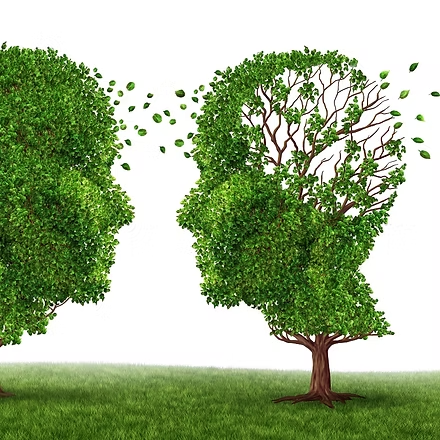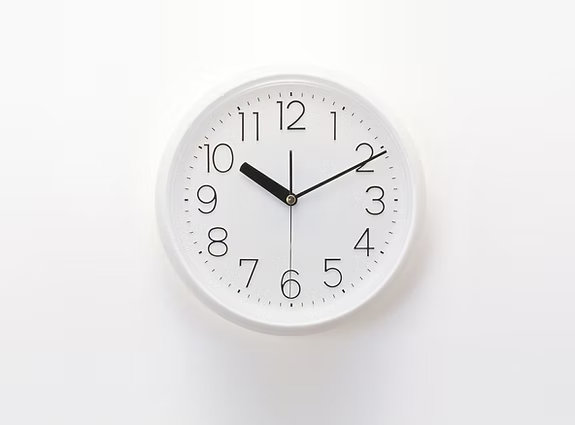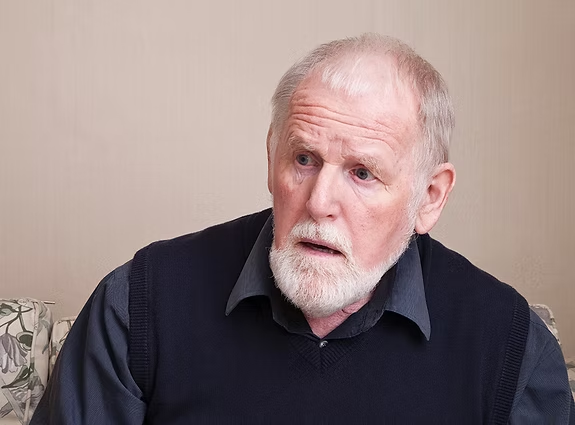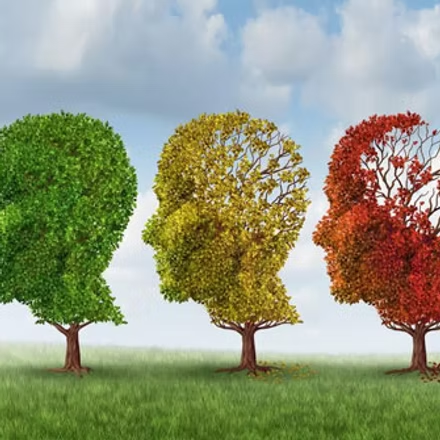Recognise Early Signs & Take Control
Memory Challenges
Difficulty recalling recent events or conversations, which can affect daily life and relationships.
Confusion with Time or Place
Losing track of dates or forgetting where you are, indicating possible cognitive changes.
Difficulty with Familiar Tasks
Struggling to complete routine activities such as cooking or managing finances, which were once easy.

The 10 Warning signs The Alzheimer Association describe include

1. Memory loss that affects daily living
Forgetting important dates or events, inability to remember recently read information, asking for same information again and again.
What is typical age related change? Forgetting phone numbers or appointments but remembering them later.

2. Difficulty in planning and problem solving
Trouble in following a well-used recipe or organising routine monthly bills.
There may be difficulty concentrating, taking longer on familiar tasks or working with numbers.
What is typical age related change? Making occasional errors with bank statements

3. Difficulty completing familiar tasks at home or at work
Problems driving in familiar places, remembering rules of favourite games.
What is typical age related change? Occasionally needing help to record a TV show or reset microwave setting

4. Confusion with time or place
Losing track of time or dates; may have difficulty understanding something if its not happening immediately.
What is typical age related change? Getting mixed up about day of week but recognising this later on.

5. Trouble understanding visual images and spatial relationships
Difficulties reading and judging distance, determining colours or contrast which may cause problems when driving.
What is typical age related change? Vision changes related to cataracts.

6. New problems with words in speaking and writing
Problems with joining or following conversations; may end speaking mid sentence and are unable to continue with subject. May repeat themselves or struggle with vocabulary and word selection.
What is typical age related change? Have trouble finding right word on occasions.

7. Misplacing things and losing ability to retrace steps
Objects may be put in unusual places ; things are lost and the person is unable to retrace steps or remember where they have put things. They may accuse people of stealing things which may become more frequent over time.
What is typical age related change? Misplacing things from time to time- losing the remote control.

8. Decreased or poor judgement
May experience changes in judgement or decision making- for example in dealing with money and giving inappropriate donations. May pay less attention to grooming or keeping themselves clean.
What is typical age related change? Making a bad decision once in a while.

9. Withdrawal from work or social activities
May start to withdraw from social activities, hobbies or sports. May have difficulty recalling rules of sports or remembering how to engage and complete card games.
What is typical age related change? Sometimes feeling weary or bored of friend and family obligations.

10. Changed in mood and personality
May become confused, suspicious, depressed, fearful or anxious. Can be easily upset at home or work or in places where they are out of their comfort zone.
What is typical age related change? Developing very specific ways of doing things and becoming irritable when a routine is disrupted.
Recognising Early Signs of Memory Loss and Cognitive Changes
If you recognise several of these early signs then you may be experiencing “Mild Cognitive Impairment”
which may indicate the early signs of dementia, and will certainly benefit from having a neurocognitive assessment. This is conducted in the form of a one to one personal assessment, and specifically measures your brain function in several areas such as –
• Memory
• Attention & Concentration
• Verbal Fluency
• Orientation.
Distinguishing Normal Ageing
It is true that at this moment in time, the cause of dementia is not clearly known; but that doesn’t mean people with this condition can’t live well.
The emphasis is on maximising the potential each person has determining cognitive strengths and weaknesses to improve overall performance.
Think of the analogy – we can’t cure diabetes, but with treatment and support, many diabetics live a long, healthy and near to normal life.
When to Seek Professional Advice
Studies conducted over the last 10 years in high income countries demonstrate many cases of dementia are not routinely recognised or documented in primary care records.
Three factors for this have been suggested-
> The stigma of dementia preventing open discussion
> The false belief that memory problems were a normal part of ageing
> The false belief that nothing could be done.

Current medications are proving extremely beneficial and can certainly improve quality of life especially when started early.
Some reasons why dementia is NOT diagnosed early:

Personal denial
Personal denial that anything is wrong, or a misunderstanding that failing memory and declining cognitive abilities are ‘normal’ processes of aging- it’s something you have to put up with!
It is not…..dementia is not a normal process of ageing. It should be explicitly stated that not everyone who becomes forgetful develops dementia, and neither is dementia a normal consequence of ageing

Fear of seeking help
Fear of seeking help; you know something is wrong but don’t want to hear the diagnosis – this will be a constant source of worry if you don’t do something about it.
Unfortunately it will not go away but if you take a positive step – have things checked and get a diagnosis you will be able to tap into lots of social and psychological support and certainly experience relief that you are at last doing something about it!

Other reasons
There are many other reasons why memory function may be altered, for example –
· Depression
· Tiredness
· Side effects of various drugs
· Hormone imbalance
· Vitamin deficiency
· Physical illness.
All of these can be checked by your GP.